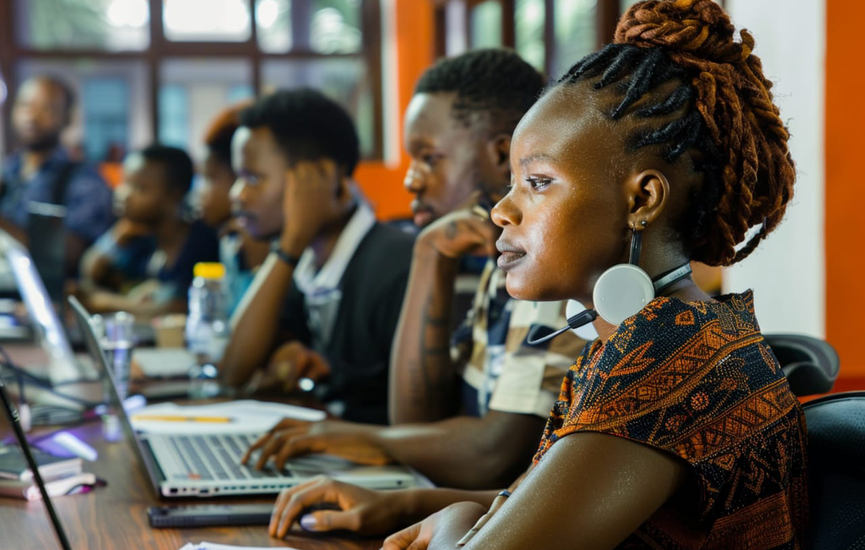Rabat – Morocco’s Permanent Representative to the UN and international organizations in Geneva, Omar Zniber, reaffirmed the country's strong commitment to advancing inclusive digital development in Africa, with a focus on building robust and sustainable infrastructure.
Speaking at the World Trade Organization’s Public Forum 2025, held under the theme “Unlocking Africa’s Digital Potential through Infrastructure,” Zniber called for enhanced efforts to expand digital infrastructure and foster innovative partnerships, especially in developing and least-developed countries.
The session was co-organized by the permanent missions of Morocco and France in Geneva, along with the International Chamber of Commerce (ICC France) and the French Association of Private Enterprises (AFEP). It brought together government officials, international organizations, and representatives from Africa's private sector to tackle structural barriers to digital trade across the continent, including insufficient infrastructure, uneven connectivity, weak regulatory frameworks, and limited access to digital payment systems.
‘The Future of Trade is Green, Digital, and Inclusive’
Zniber emphasized that the digital economy has become a strategic driver for development. Echoing WTO Director-General Ngozi Okonjo-Iweala’s sentiment, he remarked, “The future of trade is green, digital, and inclusive.” He added that digital trade must be based on solidarity, development, and technological sovereignty.
However, Zniber warned that progress would require coordinated efforts to address challenges such as cybersecurity risks, regulation of artificial intelligence, and the lack of adapted standards in many African countries. “Africa’s digital economy is already a reality. The challenge now is to build resilient, sovereign, and competitive ecosystems,” he said.
Digital Morocco 2030
As part of Morocco's digital advancement, Zniber presented the Digital Morocco 2030 strategy, launched in 2024. The plan aims to:
- Create 240,000 direct jobs.
- Contribute MAD 100 billion ($9.7 billion) to the national GDP by 2030.
- Position Morocco among the top 50 countries in the global digital services index by 2030.
He highlighted initiatives like PortNet, BADR, and TijarIA, as well as partnerships with companies such as Mistral AI and Nokia, underscoring Morocco’s ambition to become a digital hub in Africa.
Zniber also referenced the Atlantic Initiative launched by King Mohammed VI, which aims to connect Sahel countries to the Atlantic Ocean via modern logistics corridors while sharing Morocco's proven technologies.
Human Capital Development
On the human capital front, Zniber emphasized Morocco’s training efforts, such as the “Excellence in Africa” program developed in collaboration with Mohammed VI Polytechnic University (UM6P) and the École Polytechnique Fédérale de Lausanne (EPFL).
Regulation, Investment, and Skills Development
Latifa El Bouabdellaoui, Director-General of the Islamic Centre for Development of Trade, also addressed the forum, highlighting the determination of Sub-Saharan African countries to embrace digital transformation. She outlined six major obstacles: weak digital infrastructure, regulatory gaps, lack of reliable digital payments, limited institutional capacities, financing challenges, and a shortage of skilled professionals. She emphasized that regulation and investment must go hand-in-hand, with specialized national agencies ensuring the effective implementation of digital strategies.
Cooperation and the Role of the WTO
The forum's discussions focused on priorities such as linking digitalization with rural inclusion, strengthening e-services in education and health, and designing regulatory frameworks that attract investment. While acknowledging that the WTO cannot act alone, participants emphasized its central role as a platform for international cooperation, knowledge exchange, and the development of common standards.
